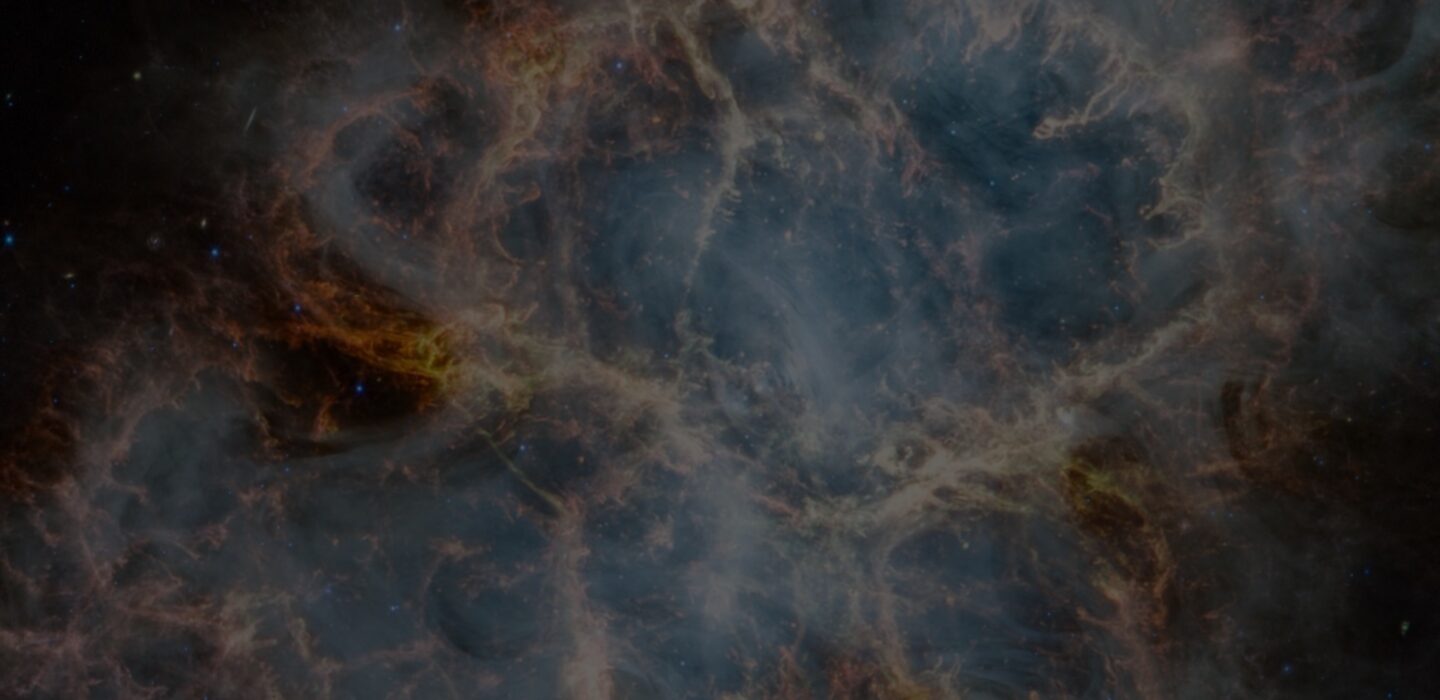Scientists May Have Finally Heard The ‘Hum’ Of The Big Bang
Things are about to change in a supermassive way in the world of astrophysics. An international team of scientists have discovered evidence for a new type of signal they have long searched for—one that will give us a greater understanding into black holes, and the origins of galaxies and the universe as we know it. This is a type of signal emitted by the universe’s population of colliding galaxies and supermassive blackholes—also known as binary blackholes. Scientists believe it may also contain faint traces of the gravitational ripples produced by the Big Bang.
“This will be the first definite piece of evidence that these massive black holes form binaries, and they get close enough to each other to produce strong gravitational waves,” Scott A. Hughes, a professor of physics at MIT who specializes in black holes and gravitational wave sources but wasn’t part of the study, told The Daily Beast. “It’s the first piece of evidence that says we’re on the right track and this is something we want to continue digging into.”
The first gravitational wave to be observed was detected by the Laser Interferometer Gravitational-wave Observatory (LIGO) nearly 100 years after Einstein’s equations were released. In 2015, the detector picked up on gravitational waves created by two black holes roughly 30 times the size of the sun that collided about 1.3 billion years ago. While the signal was nearly imperceptible, LIGO’s powerful sensors were able to detect them—providing the first piece of evidence that gravitational waves existed.
Thus, LIGO was successful. But it was considered to be a massive scientific and financial gamble. “It was one of those things where there was no question that it would work if nature provided the sources—but that was a big if,” Hughes said. “It was unclear whether it was going to be the kind of thing where they would be measuring a couple of sources a year or a couple sources a century, there was enough uncertainty in the astrophysics that that is what the concern was.”
Read full story
